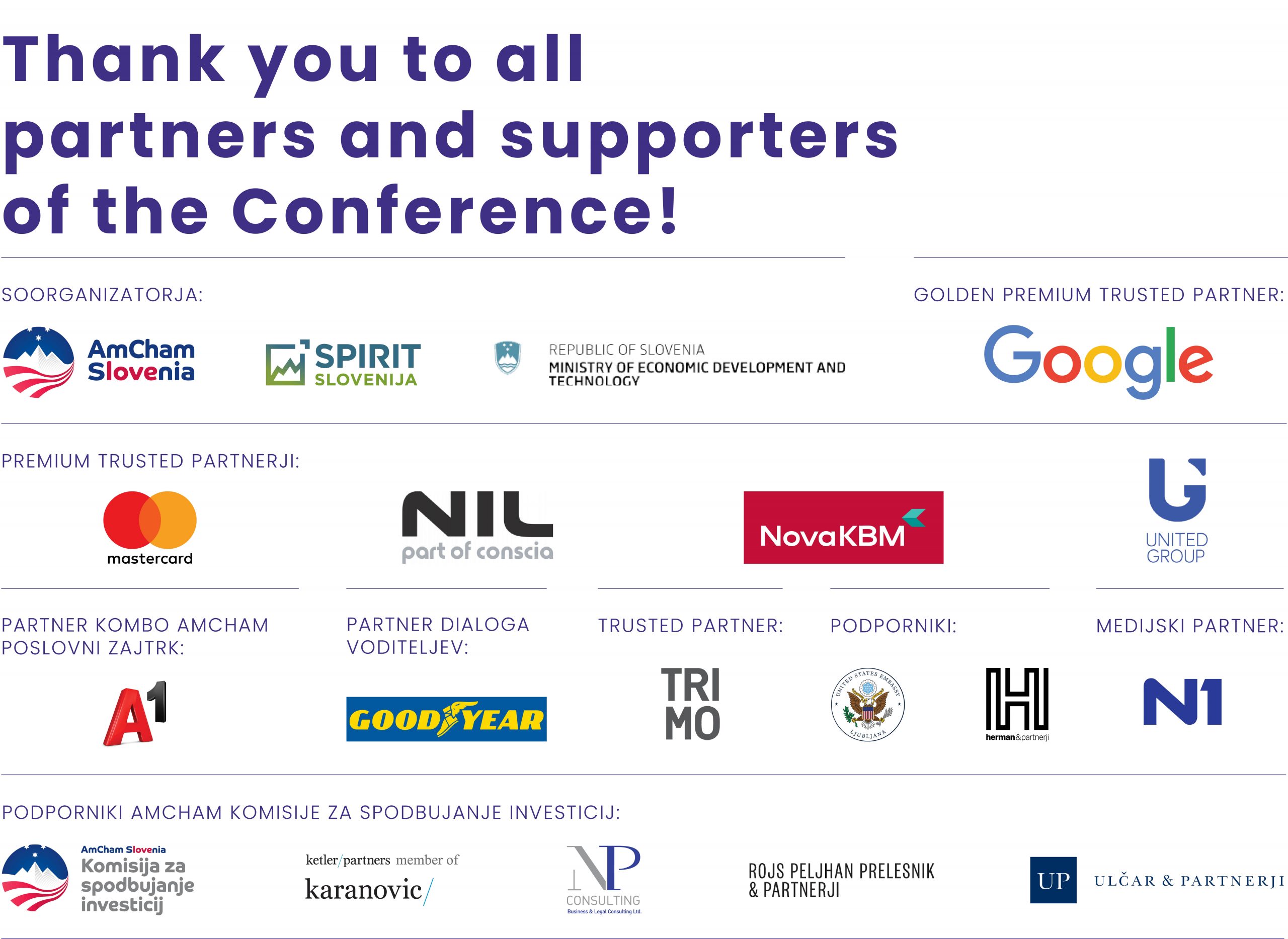We are living in a world where technology and digitization have become indispensable for us to conduct business, but also to maintain personal relationships and stay connected. As the role of technology and digitization becomes more and more important in our lives and economies, we need to be increasingly more strategic about how we approach it, both at the micro and the macro level.
But adopting new technologies and becoming digital is not straightforward – neither for governments, nor for large businesses, and especially not for smaller enterprises and individuals with less affinity towards technology. Therefore, members of a society, especially its institutional members, need to work together in order to introduce such technology, make it accessible, create trust in it, and protect those who are most vulnerable.
Slovenia, as a small country with an interconnected society, a strong business community, and political stability, is well positioned to leverage the new wave of technology and digitization that has hit us. The fact that we are a fintech hub with many promising financial start-ups is evidence of that. But in order to fully tap into the country’s potential, we need partnerships – between the public and private sectors and among various industries.
MasterCard believes in partnerships, as it has been the core of how we operate for many decades and has been the foundation of our global success. Our Slovenian market-wide infrastructure development program, “Osmica”, is one way of creating partnerships to move the market and achieve large-scale development. It is also essential, as any digital economy needs an efficient, safe, user-friendly, and accessible digital payment infrastructure. Being able to pay digitally in any payment situation should be the minimum standard, and MasterCard will strive to achieve this with its partners.
Being able to choose digital solutions in many other situations of life should also be a must, and we need to continue working together to achieve this. Organizations such as AmCham are perfectly positioned to enable these partnerships, spark the necessary dialogue, and we welcome the bridges they are building.

